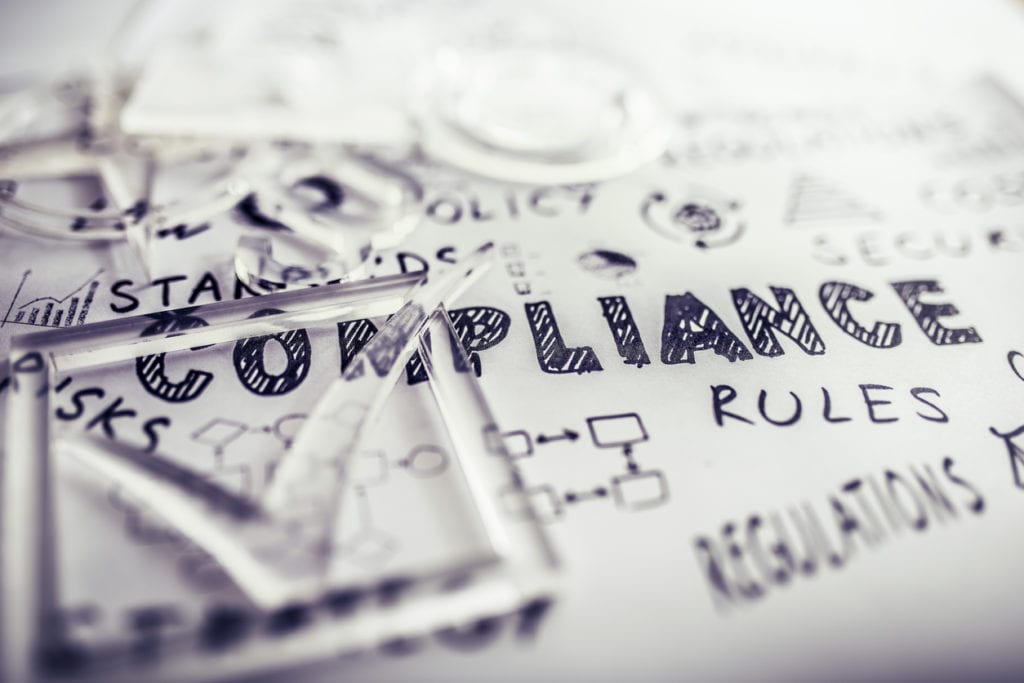Today is National Compliance Officer Day, so TCA® wanted to share some recommendations from our compliance team with our fellow compliance professionals on potentially banking clients who may be engaged in activities relating to the cannabis industry. The challenge of providing banking services for industrial hemp and CBD Oil is that there are no current regulations and guidance from FinCEN or the USDA relating to this topic.
Here are some of TCA’s key points to consider as part of your due diligence efforts:
- The 2018 Farm Bill removed hemp and products derived from it (such as CBD oil) from the controlled substances list, provided that the THC levels of the product are less than 0.3%. Some states require licensing to grow and refine the product at the state level, so the Bank would need to familiarize itself with any state-specific licensing requirements and verify that the business is operating according to state law. A good place to begin looking is your state’s Department of Agriculture website.
- Also, to ensure that the customer is not growing marijuana, the bank should consider what documentation it would deem adequate to verify that the THC levels of the product fall within the required levels to be considered hemp and not marijuana under the Controlled Substances Act.
- FinCEN’s only guidance was published in February 2014 and relates solely to marijuana-related businesses. We would not be required to file Marijuana SARs on a hemp business, but we would have the same obligation to file a SAR if we conclude that the customer is deriving income from illegal activities. For example, although hemp and CBD are not considered controlled substances, the Food & Drug Administration (FDA) has not approved hemp or CPB for use in food or beverages. As a result, if our customer distributes their product for the purpose of refining it into food or beverage, they could be selling an illegal product and we would have an obligation to file a SAR on the proceeds derived from an illegal sale.
- In the absence of formal regulations or guidance, the bank must consider the basic due diligence requirements for a higher risk customer.
- On the loan side, we must consider the risk of our customer violating the Controlled Substances Act by growing something not approved by state law or the 2018 Farm Bill, which could result in federal seizure of our collateral. Loan payments made in cash or large paydowns/early payoffs should cause the bank to evaluate the source of funds for these transactions.
- On the deposit side, we would have to understand the source of funds in the account (e.g.: Who are they selling their product to? How will the funds be used? Do salaries seem reasonable for the principals or does it look like the business is being used as a front for illicit proceeds which are layered into the owners’ pockets?).
- In all cases, we should perform negative news searches online to determine if the business owners or their primary suppliers/customers have any negative news associated with them that could indicate the account is being used for illicit purposes.
The above is not an exhaustive list, as we cannot say definitively what the examiner expectations will be in absence of a formal regulation or guidance; but it is provided to the bank as a resource to aid its decision-making process.
TCA’s BSA Action Team is here to evaluate enhancement to policy, procedures, and risk assessments as your institution decides the risk-based approach it will take with these customers. Contact us for more information.
Again, from one compliance professional to another, Happy National Compliance Officer Day!






